Making An Enemy
The Prisoner's Dilemma tells us more about election results than so-called"experts".
Opening: The Box Under the Bed
I didn’t watch Super Bowl XLII. I was incarcerated at California State Prison, Los Angeles County. It was Day 23 of 240, and the cops gave us yard during the game so they could watch it. I put myself in prison almost 18 years ago. I’ve written extensively about those experiences in some posts highlighted below.
There it sat, gathering dust, its contents untouched for over a decade. A box filled with letters, poetry, sketches, and the remnants of a time when my identity was reduced to a number: G00293. The Prison Box wasn’t just a container—it was a symbol of the past I had buried, a past I wasn’t ready to face. I had exited prison in 2008, but I wasn’t sure I had ever really left.
When I finally opened it, years later during the stillness of the pandemic, I expected to find old memories. What I didn’t expect was an intellectual and emotional reckoning that would force me to confront the Prisoner’s Dilemma, both as a theory and as the governing principle of my life behind bars—and, as I later realized, of the broken world we live in today.
How the Prisoner’s Dilemma Fits In Real Life
In this post, I use my own incarceration as a real-life example of how this theory is used in prison to manipulate behavior and shape outcomes, all the while leaving convicts and inmates alike with an illusion of self-agency.
The piece What the Prisoner's Dilemma Teaches Us About Human Behavior describes the game theory from an academic point of view, and I interpret it from the prisoner perspective. Basically, it’s three-card monte crossed with solitaire.
Letters from The Prison Box #1
Does anyone remember the Seinfeld episode in which George Costanza enjoys new-found success in life by doing the exact opposite of his basic intentions? I have adopted that strategy as it relates to …
Be Vulnerable
I am easily trapped in states of compulsive consumptive obsession. I happen upon a new thing, like a song or a food, and I go off the deep end. It’s ok, though, it seems to match my short attention s…
Letters from The Prison Box #2
This is a lot harder than I thought it would be. And full of so many difficult layers. The sense of fear and dread that overcomes me when I decide to open a letter. The anticipation of physical flash…
Letters from The Prison Box #3
I took a break to complete the required distance-learning education hours needed to re-acquire my license to appraise real estate in California. That step is complete, and the application submitted. …
Incarceration as a Real-Life Prisoner’s Dilemma
Survival inside prison is all about calculated decisions—who to trust, what rules to follow, when to stay silent.
Racial and gang structures function like game theory: Every choice carries risk and reward, but mutual cooperation is rarely an option.
The trade-offs of prison life: “Cooperate” (stay in line, follow rules) vs. “Defect” (fight back, break the rules, risk solitary).
The most insidious part of the Prisoner’s Dilemma is that cooperation is rarely a true option in systems built on hierarchy and control. Defection often means survival, but at what cost? The guards, the inmates, the gang leaders—everyone had a stake in ensuring that no one ever fully escaped the game.
The Personal Prisoner’s Dilemma: The Cost of Silence vs. Vulnerability
Before prison, I chose silence and self-protection—the Costanza method of life.
Inside, defecting meant survival—emotions were liabilities. Vulnerability was weakness.
Post-prison, the dilemma changes:
Do you stay locked inside yourself? (Silent, distant, avoiding pain but also avoiding healing)
Or do you open up? (Risking rejection, but also creating real connections and meaning)
There’s a moment I come back to often. The correctional officer confrontation. When the probation officer spit-screamed into my face because I wouldn’t sign the halfway house paperwork, she expected defection—compliance with a broken system. When I refused, the entire room shifted. The other inmates, previously silent, took my lead. They refused too. This was one of the rare moments in prison where a small act of defiance became cooperation—but only because we stood together. The irony of the moment isn’t lost on me.
Faith as a Resolution to the Dilemma
Game theory suggests there’s always a best strategy—but what if the only way to win is to stop playing by the old rules?
Faith redefines the win-loss binary.
The Prisoner’s Dilemma assumes self-interest—but faith asks for trust, surrender, and belief in something beyond personal gain.
My work as a mentor with Crossroads Prison Ministry taught me that healing from the Prisoner’s Dilemma is possible—but it requires breaking the mindset that pits us against each other. The real test isn’t whether we can ‘win’ within the system. It’s whether we can reject the premise entirely.
The Political Prisoner’s Dilemma: Trump Voters and Self-Interest
The Prisoner’s Dilemma also perfectly encapsulates the current political environment in America. Forced self-interest appears to be the only solution for success—a zero-sum outcome with one winner and a bunch of losers.
Partisan Politics: If one party defects (obstructs, refuses to compromise), they may gain an advantage. But if both defect, we get nothing but gridlock and dysfunction.
Media Misinformation: Outrage drives engagement. If one side spreads lies, the other side either fights back with equal fervor or risks losing influence.
Global Relations: Countries defect (sanctions, military buildup, climate inaction) rather than take the risk of unilateral cooperation.
Trump voters operate within their own Prisoner’s Dilemma—believing their only way to “win” is by ensuring their opponents lose, even when cooperation (addressing systemic issues) would benefit them more.
Much like in prison, our society defaults to mistrust, division, and short-term gains over collective well-being. And just like in prison, the only way out is to reject the game itself.
Breaking the Cycle: How Civil Society Can Stop Playing the Game
What does rejecting the game look like? How do we step outside of the Prisoner’s Dilemma mindset?
Institutional Reform: We need political and economic incentives that reward cooperation over obstruction. Actual discussions about ranked-choice voting, campaign finance reform, and nonpartisan redistricting can push our system toward collaboration instead of division.
Media Accountability: Clickbait, media payola, echo-chambers, and fear-based narratives thrive because they keep people engaged and enraged. The more we consume independent journalism, reject censorship, and push for complete media transparency, the harder it becomes to manipulate public perception.
Community Engagement: The only way to build trust is to create elections where cooperation is rewarded and term-limits are enforced. Restoring trust in equal justice, local school choice and control, and honest practical immigration reform provide alternative models for problem-solving that reject the false binary of ‘winning’ and ‘losing.’
Personal Responsibility: The hardest part—choosing vulnerability. Choosing to engage with people across ideological divides. Choosing to be honest even when deception is easier. Every personal choice we make either reinforces or breaks the cycle.
Conclusion: The Choice to Heal
The Prisoner’s Dilemma is a choice. We don’t have to accept the terms set by those who profit from our division. Whether in our personal lives, our politics, or our worldview, we can either keep defecting, keep playing the game, keep believing in scarcity and competition—or we can choose something different.
The question isn’t just “how do we fix the system?”—it’s “when do we stop playing the game by its broken rules?”
Now, if only the refs could call a clean game - nah, that’s too much to hope for. Enjoy the game.
Ric

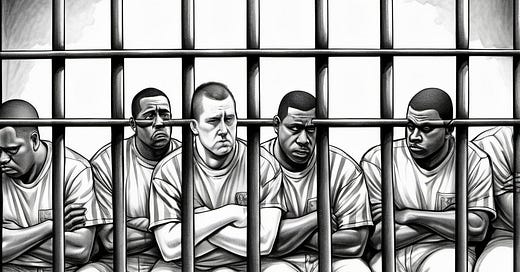




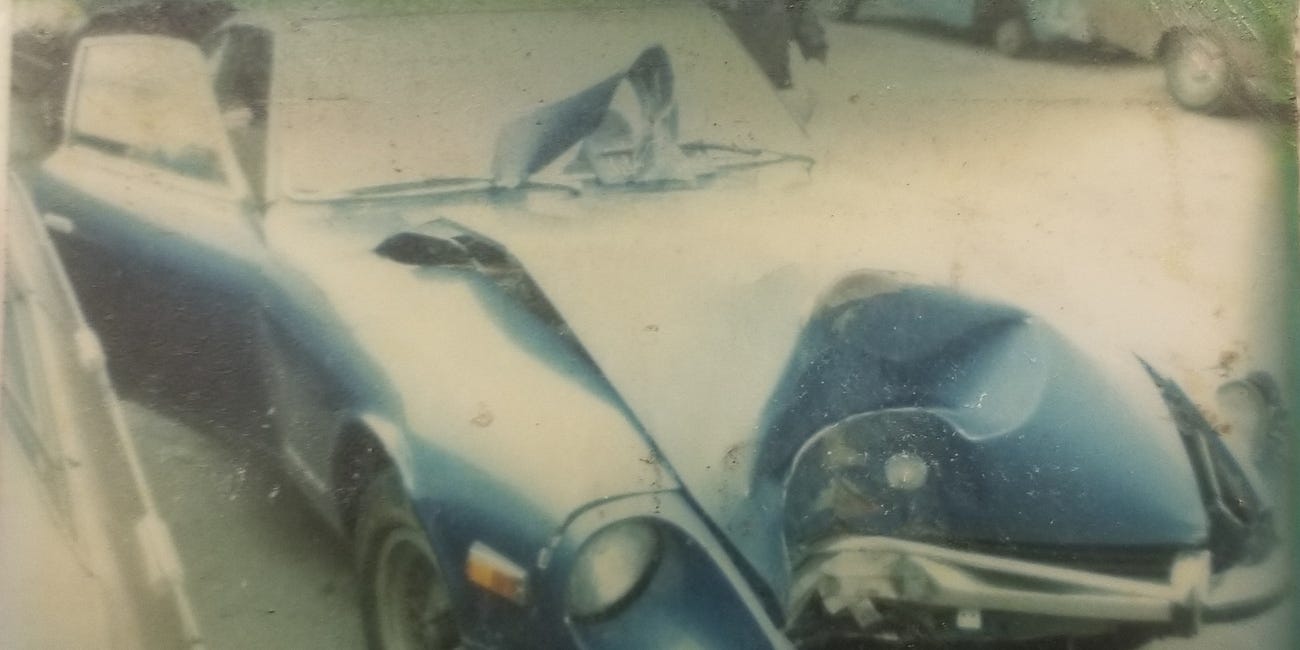
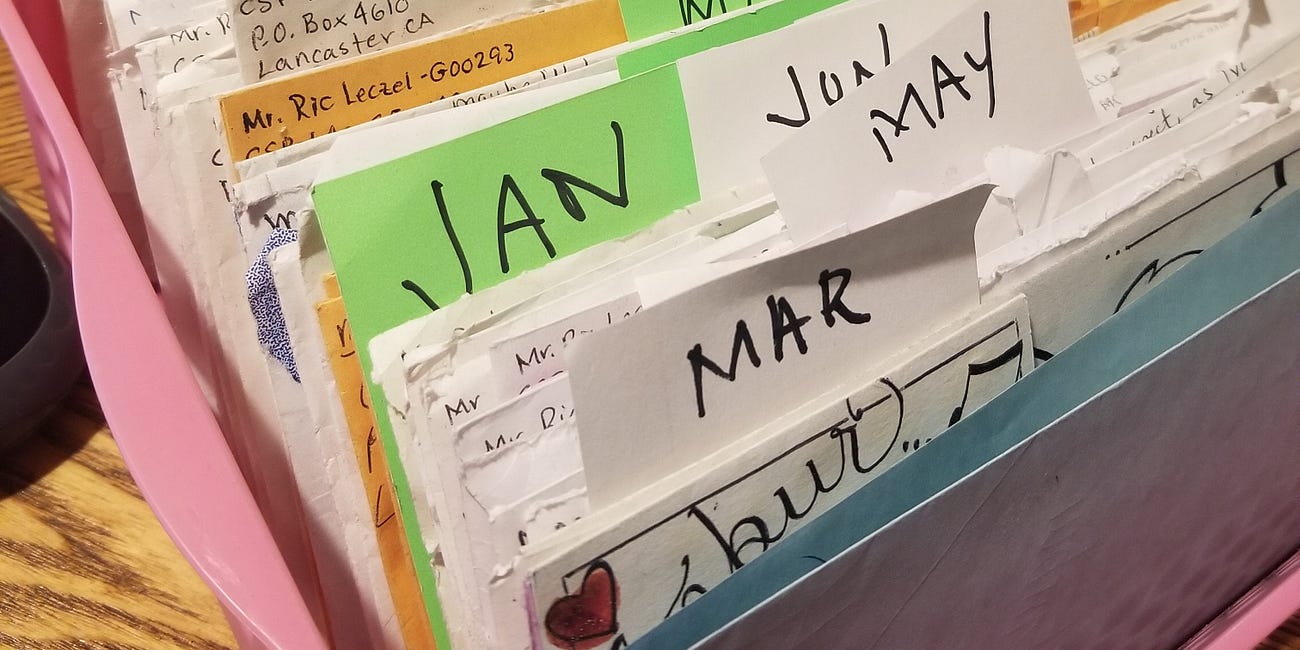
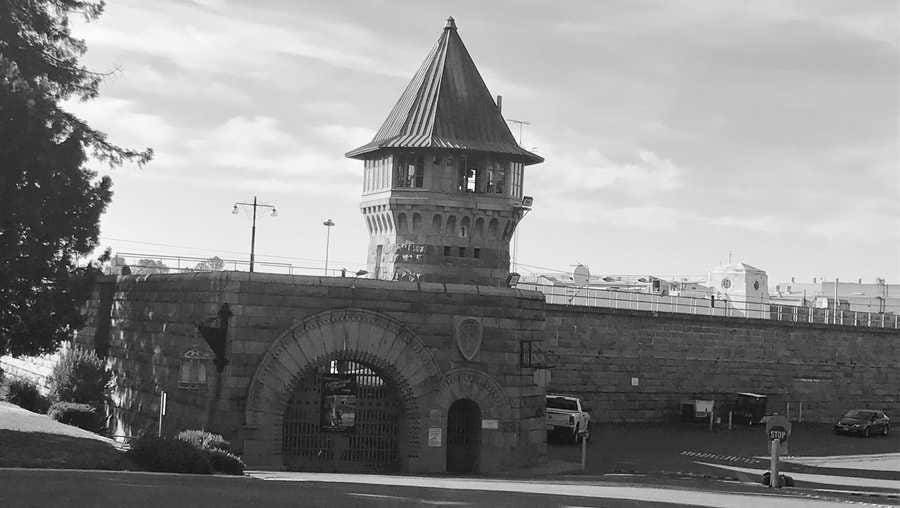
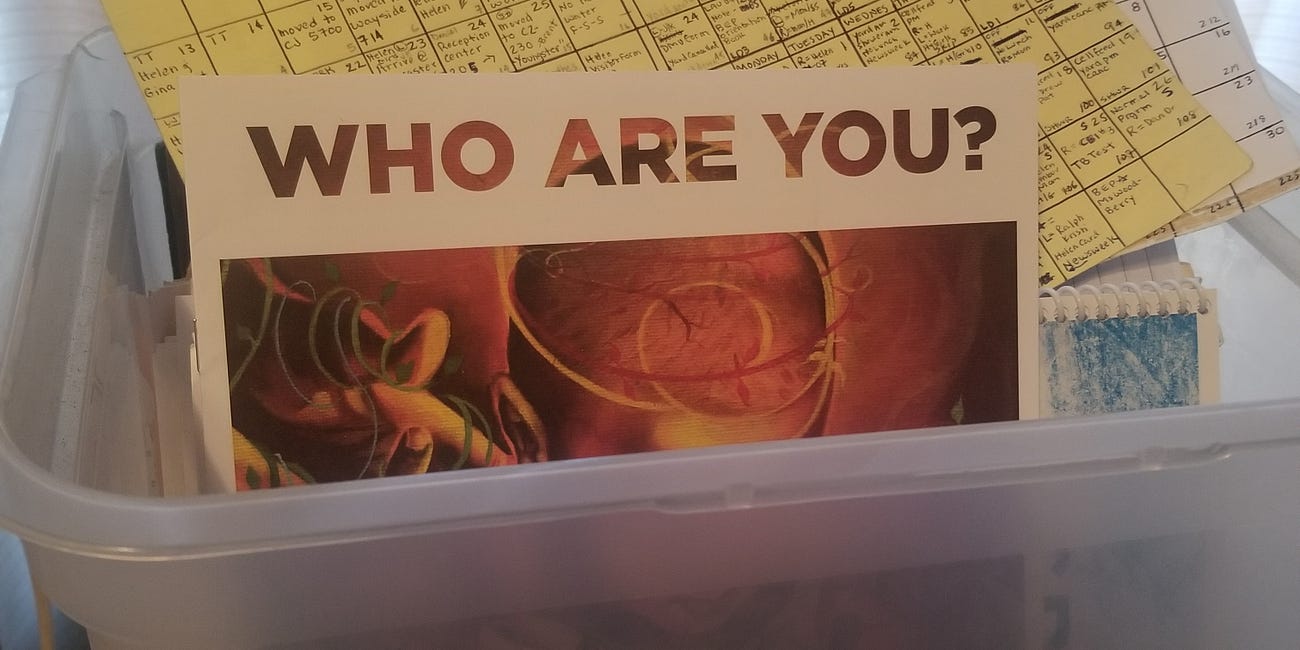
Ric, this is a insightful breakdown—not just of the Prisoner’s Dilemma, but of the way it plays out in every corner of our world, from politics to personal choices. The way you connect your lived experience to the broader systems at play is powerful. The idea that the only way to win is to reject the game itself really resonates—especially in a moment where so many seem trapped in cycles of fear, division, and short-term thinking. Thanks for this one—lots to chew on.